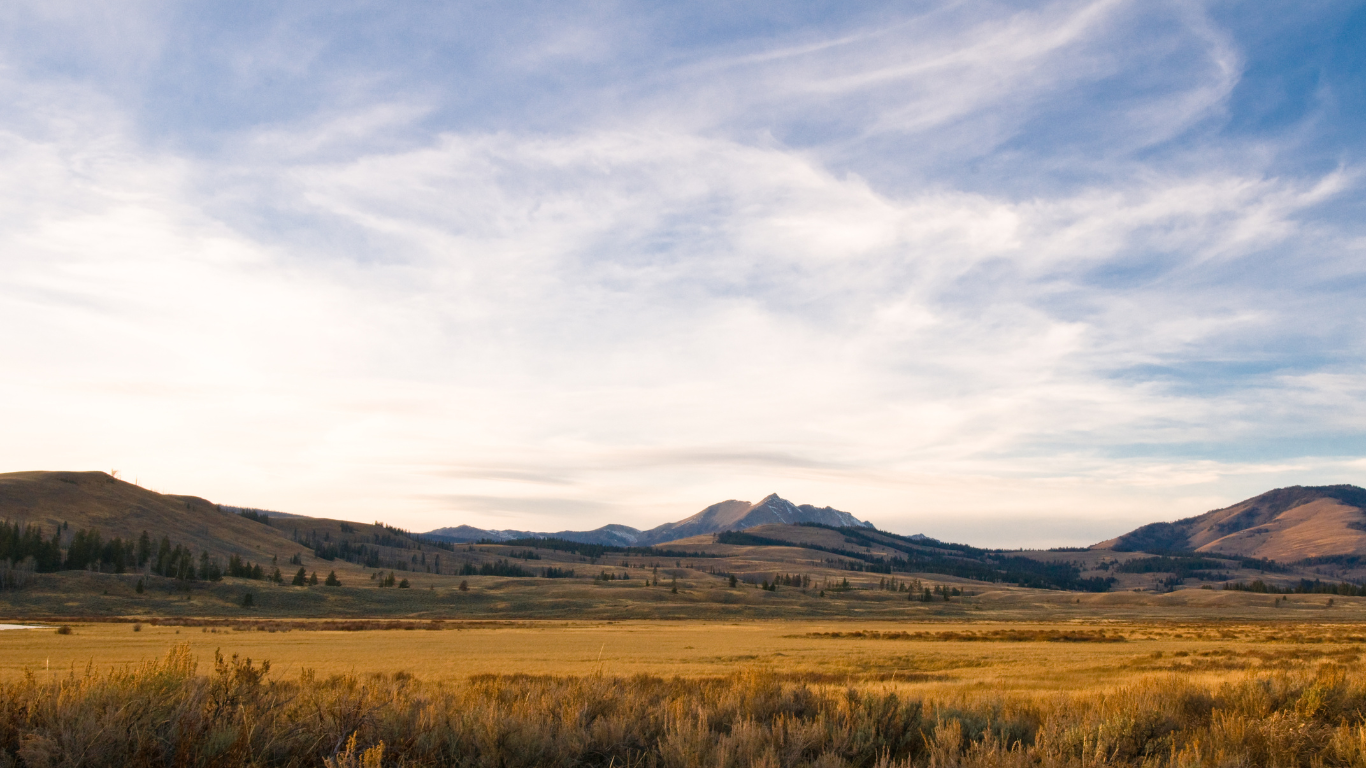
Water
So far, we've talked almost exclusively about coffee, but that is only half the equation when brewing your favorite cup. The other half - water quality - plays a pivotal role in the brewing process and ultimately influences the taste and quality of your coffee. Understanding the nuances of water quality, including mineral content, pH levels, filtration methods, and temperature, is essential for coffee enthusiasts seeking to unlock the full potential of their brews. From enhancing flavor notes to preventing equipment damage, the composition and treatment of water significantly shape the sensory experience and overall enjoyment of your favorite cup of coffee.
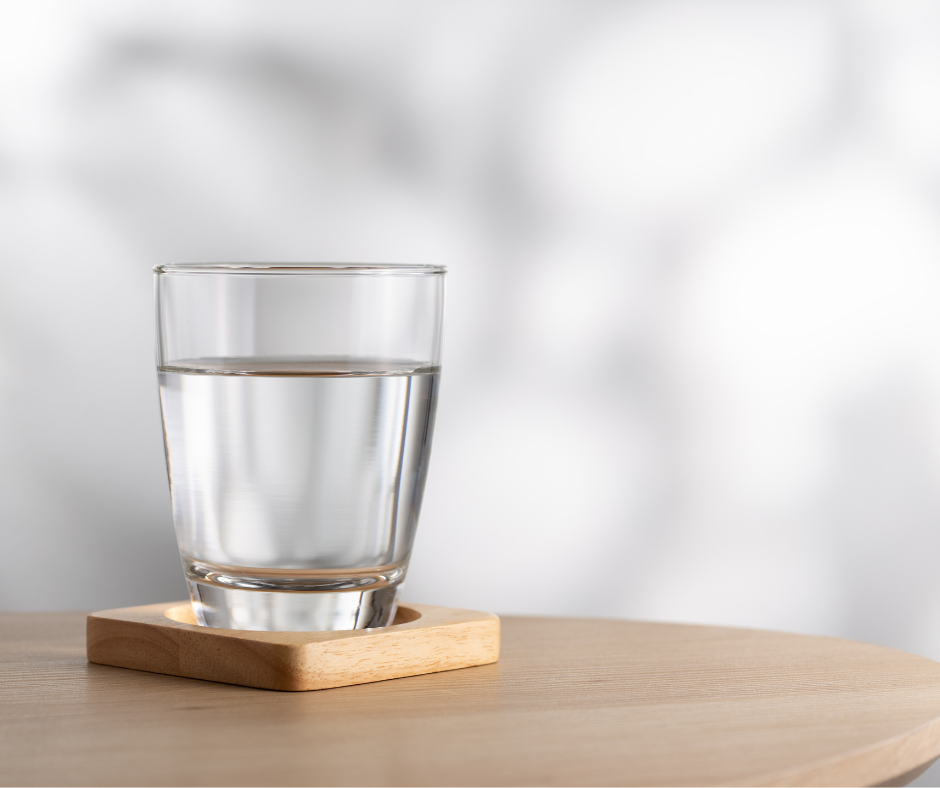
Mineral Content:
- In hard water, high calcium content can increase bitterness while high magnesium content can help highlight earthy notes. It’s also important to note that water that is too hard can cause mineral buildup that could damage brewing equipment over time.
- In soft water, salts can increase sourness in low-acidity coffees and dull-down some of the coffee’s characteristics.
- The optimal water hardness (as recommended by the Specialty Coffee Association) is a hardness above 35 parts per million and below 85 parts per million.
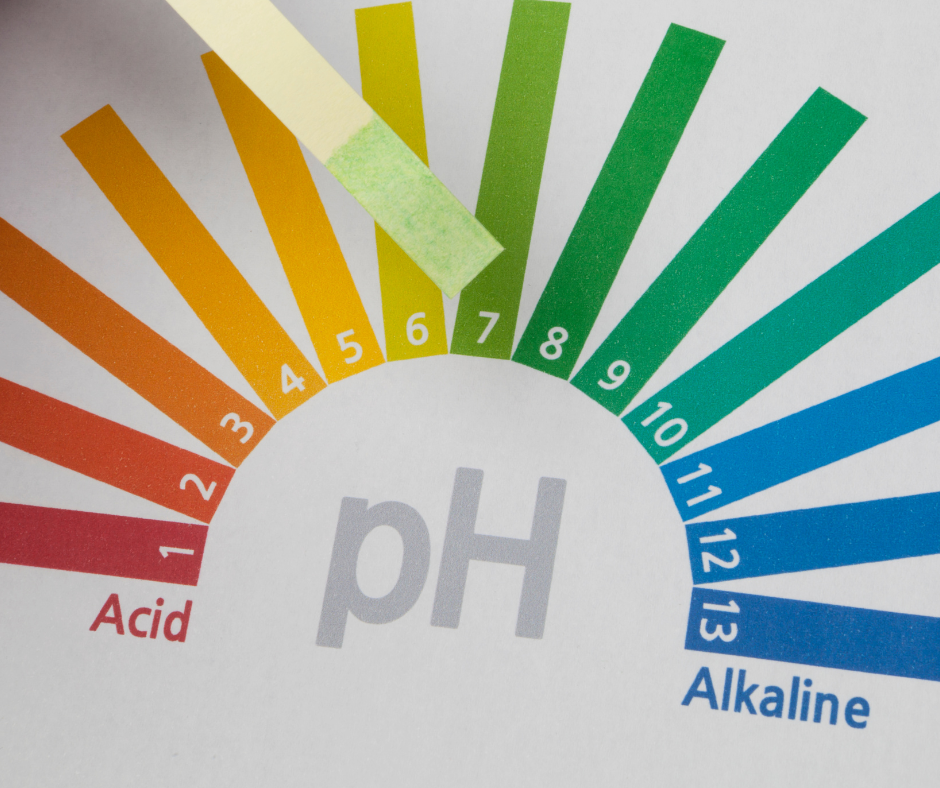
pH Levels:
- The ideal pH level is a 7, or neutral, on the pH scale. For reference, lemon juice would have an acidic pH level around a 2 while general purpose soap has an alkaline pH level of around a 12.
- Water that is too acidic can dull-down the coffee’s characteristics.
- Water that is too alkaline can help highlight unpleasant, bitter notes.
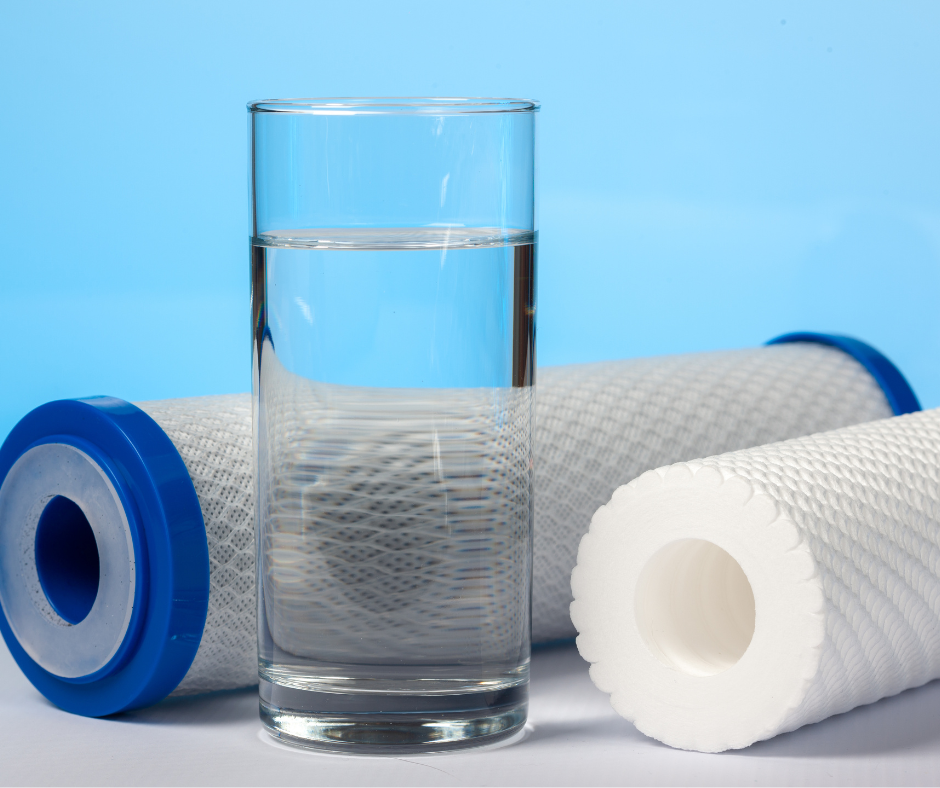
Filtration:
- Understandably, good filtration helps to remove any dirt, rust, and/or other undesirable particulates from your water which could be harmful to health and equipment.
- The strength and method in which your water is filtered can greatly impact the mineral content of your water and, by extension, the quality of your coffee. To elaborate further, some water filtration methods like reverse osmosis can remove too many minerals from the water while some other methods use chlorine and other compounds that can distort a coffee’s taste, texture, and aroma.
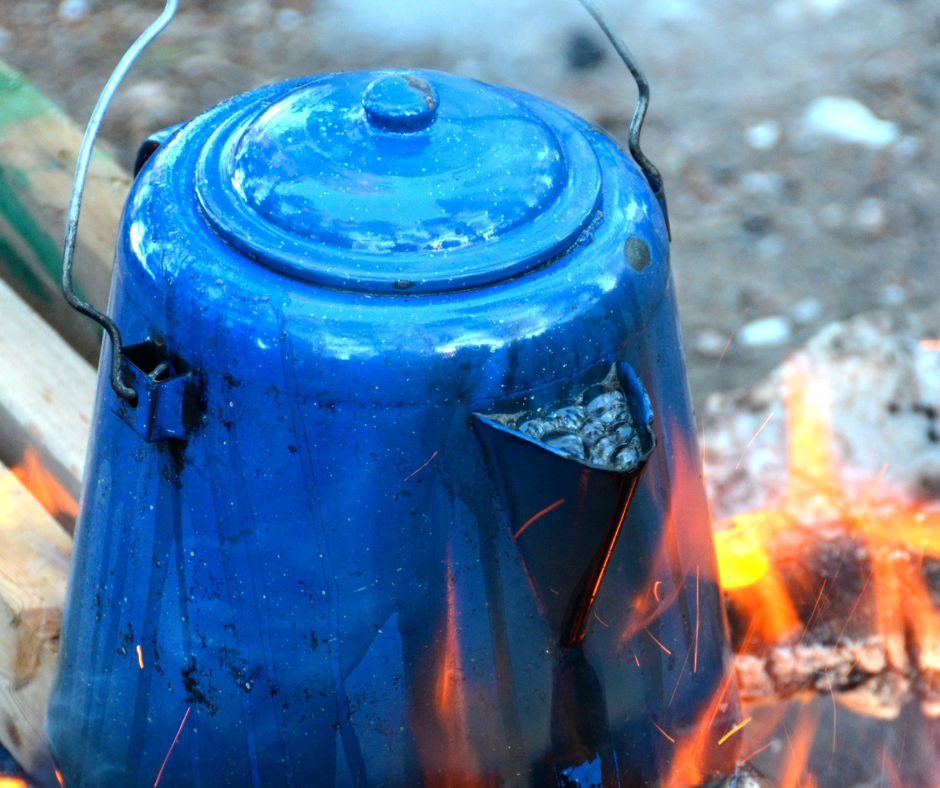
Temperature:
- The ideal temperature is roughly about 200 degrees Fahrenheit, which can vary depending on brew method and, of course, the given coffee being brewed.
- Water that is too hot can cause over-extraction, resulting in a bitter or burnt taste.
- Water that is too cold may not fully extract the given coffee’s characteristics.
